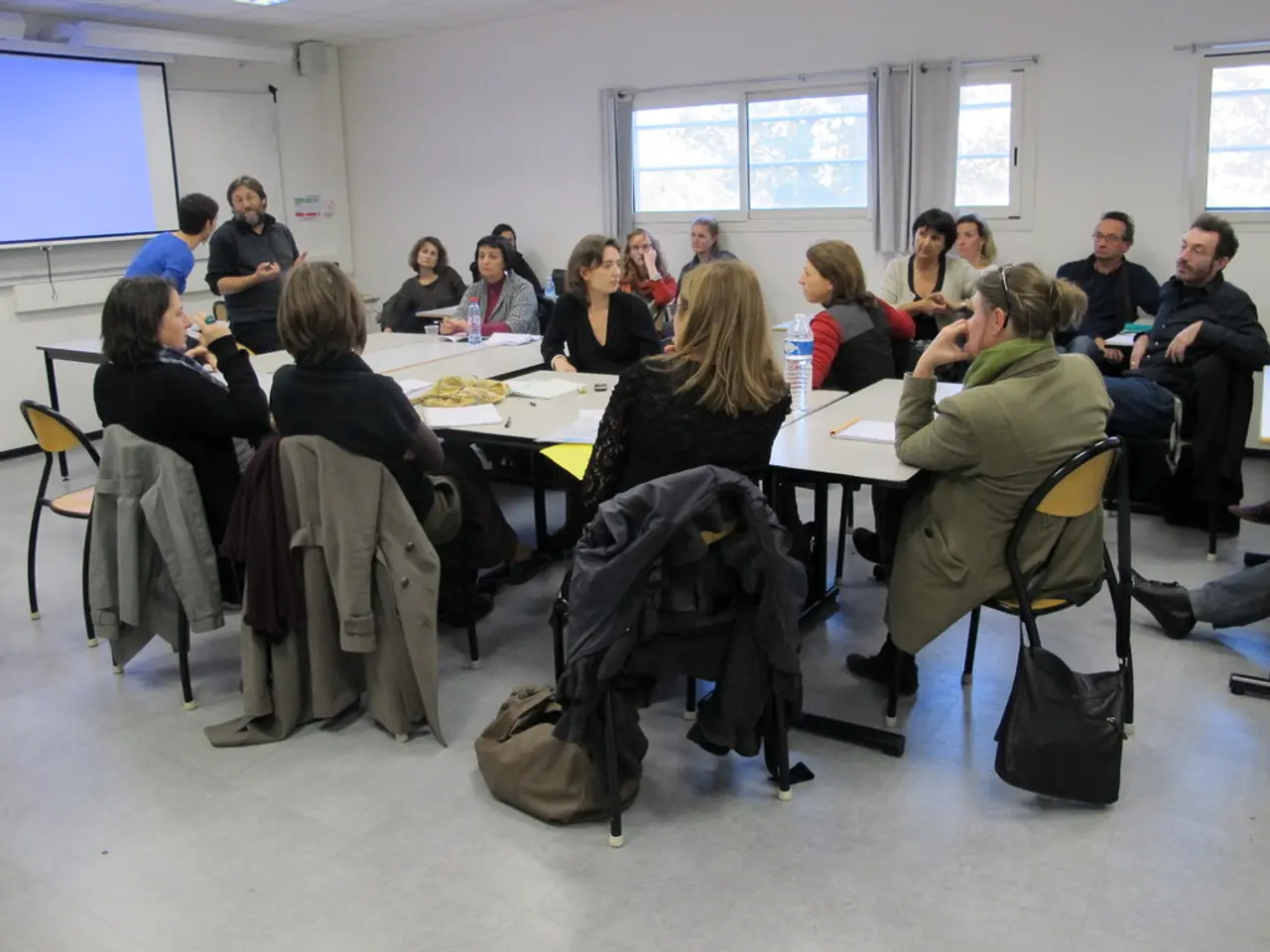The Commission has contributed to the drafting of the said report.
The extension of the reduced value-added tax (VAT) rate on food in the German catering industry beyond December 31, 2023, is a topic of significant importance for businesses and consumers alike. This article explores the potential impacts, the role of key organizations, and the challenges that lie ahead.
## Economic Benefits and Industry Support
The reduced VAT rate could help lower costs for consumers, potentially increasing demand and supporting economic recovery. By making the German catering industry more competitive, it could preserve jobs and encourage investment and growth. Lower prices might lead to increased consumer spending, benefiting not just the catering industry but also related sectors like agriculture and food production.
## Local Support and Industry Advocacy
Rhein-Kreis Neuss and the German Hotel and Restaurant Association (DEHOGA) play crucial roles in this scenario. Rhein-Kreis Neuss can provide local support to businesses, offering resources and promotions that take advantage of the reduced VAT rate. DEHOGA, on the other hand, advocates for the interests of the hospitality industry, lobbying for favourable tax policies and providing members with guidance on how to benefit from the reduced VAT rate.
## Potential Challenges and Considerations
While the short-term benefits are clear, long-term effects on the industry's structure and consumer behaviour need careful consideration. The reduction in VAT rates could lead to lower tax revenues for the government, which might need to be compensated through other means. Additionally, lower VAT rates could influence inflation if demand increases significantly without corresponding supply adjustments.
## The Current State of the Medium-Sized Catering Industry
A survey conducted by the Association of Medium-Sized Enterprises has revealed concerning findings for the medium-sized hospitality and catering sector. The survey suggests a potential crisis, with 26% of businesses considering closure due to financial strain and 22% considering relocation. The value-added tax on food consumed in restaurants and establishments with seating and service was reduced from 19% to 7% as part of COVID-19 measures, but the financial burden of taxes is still affecting the industry significantly.
County Commissioner Hans-Jürgen Petrauschke is speaking on behalf of the hospitality and catering industry in Rhein-Kreis Neuss, advocating for the continuation of the VAT reduction beyond the end of the year to prevent a potential exodus of businesses from the sector. The catering industry is crucial for jobs and quality of life in the cities and communities of Rhein-Kreis Neuss, serving as a meeting place and hub.
In conclusion, extending the reduced VAT rate on food in the German catering industry could have positive economic and social impacts. However, it's crucial to monitor the effects on government revenues and long-term industry sustainability. Organizations like Rhein-Kreis Neuss and DEHOGA are vital in supporting businesses and advocating for policies that benefit the sector. The future of the medium-sized hospitality and catering industry hangs in the balance, and its continued success is essential for the economy and the communities it serves.
The reduced VAT rate on food in the German catering industry, if extended beyond December 31, 2023, could potentially benefit various sectors, including finance, as lower costs for consumers may increase demand and support economic recovery. Accordingly, businesses in the lifestyle sector, such as the hospitality and catering industry, could experience growth and job preservation, leading to increased investments. Furthermore, organizations like Rhein-Kreis Neuss and the German Hotel and Restaurant Association (DEHOGA) play essential roles in this context, offering local support and advocating for favorable tax policies, respectively, to ensure the success of food-and-drink businesses in the medium term.




